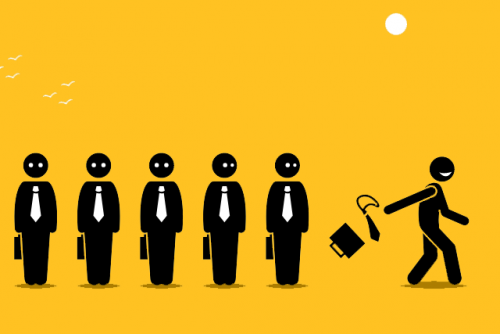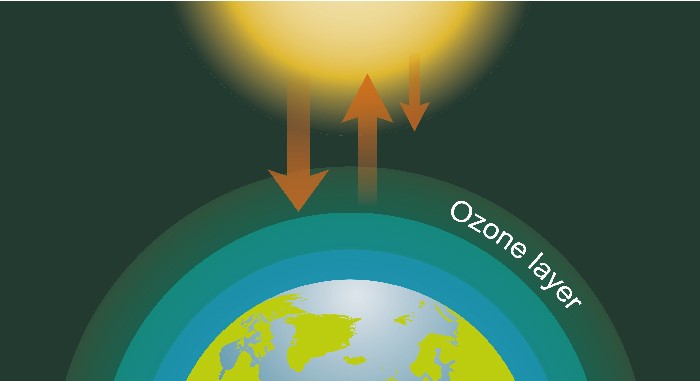It's common to see a surge in quitting when the job market is tight and there's a cornucopia of open positions. But what's happening now is unlike anything we've seen before. Economists and pollsters are still investigating what's going on. Are generous government benefits encouraging people to quit? Maybe, but some evidence suggests not. Are people angling for a raise after decades of stagnant pay? Probably, yeah. The family pressures imposed by closed schools, the closing and reopening of businesses, the reshuffling of the population to different locations and industries, and the fear of the virus in face-to-face settings have all also almost certainly played a role. But the historic rise in quitting also seems to be about more than all of this.
In a new working paper, the UC Berkeley economist Ulrike Malmendier suggests there's something existential behind the Great Resignation: The pandemic and the rise of remote work have changed the way we view our lives and the world.
The idea that our experiences shape our choices is hardly radical. And Malmendier isn't alone among scholars in suggesting that soul-searching during the pandemic helps explain the surge in quitting. Texas based psychologist Anthony Klotz, who predicted and coined the term the "Great Resignation" back in May, credits "pandemic epiphanies" with motivating many workers to depart their jobs for greener pastures. But "experience effects," as Malmendier calls them, remain remarkably under-investigated in economics, which tends to be more focused on the cold, material incentives that influence our behavior. Malmendier has been working to change that.
Experiences that shape our economic lives
A little over a decade ago, Malmendier was on the faculty of the Stanford Business School with Stefan Nagel, who is also from Germany. "And we were talking about why we Germans are so obsessed with inflation," she says.
The answer was kind of obvious to them, given their knowledge of their country's history. If there's one nation that has exemplified the perils of inflation, it's Germany. After losing World War I, Germany struggled with the burdens imposed by the Treaty of Versailles, which forced the nation to pay reparations for the war and hobbled some of its main industries. The Weimar Republic dealt with its financial problems through deficit spending and printing lots of money, and inflation took off. Prices quadrupled every month, on average, for almost a year and a half between 1922 and 1923. Historians blame the skyrocketing prices for destabilizing the democratically elected government and facilitating the rise of the Nazi party. In short, it didn't end well.
"We wondered whether the hyperinflation experience in the early 20th century was transmitted through generations, shaping us in a long-lasting manner," Malmendier says. It led Malmendier and Nagel down a path to researching how past experiences can influence people's economic behavior and attitudes.
Malmendier and Nagel's first influential paper in this area was titled "Depression Babies: Do Macroeconomic Experiences Affect Risk Taking?" They wanted to know whether those who grew up in the aftermath of the stock market crash of 1929 were less likely to invest in the stock market. They found the answer was a resounding yes. The Great Depression, they found, created an entire generation that was skittish about investing in stocks. Those who came of age in the roaring 1950s and 1960s, in contrast, were much more gung-ho about it.
Research shows that this is especially true for kids. Childhood trauma, for instance, can profoundly affect people's outcomes as adults. This includes putting them at great risk of substance abuse, criminal and antisocial behavior, depression, dropping out of school and chronic health problems. One recent study found this laundry list of problems includes greater financial strain. In short, experiences — whether personal or collective — seem highly relevant when studying inequality, poverty and the economy.
As for the effects of the pandemic, Malmendier predicts that the legacy of forced teleworking, home schooling and other dramatic social and economic changes will continue to shape our choices long after the viral danger recedes. At the very least, there will certainly be many of us working new jobs.

Recently the U.S. Bureau of Labor Statistics announced that 4.3 million Americans, or 2.9 percent of the entire workforce, quit their jobs in August. That was a record-breaking month, piggybacking on previous record months. "The Great Resignation" is real, and it can be seen across virtually all industries.




